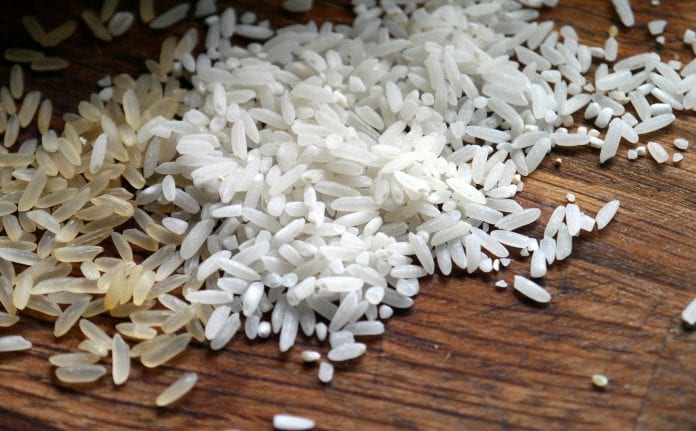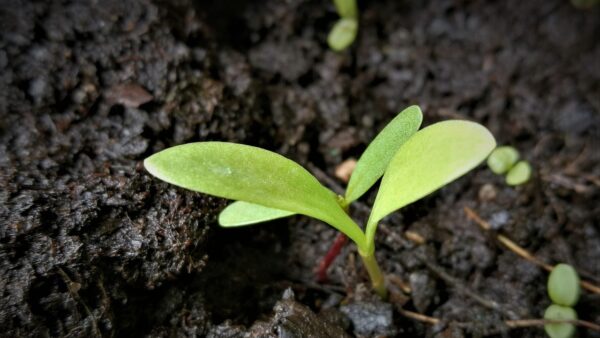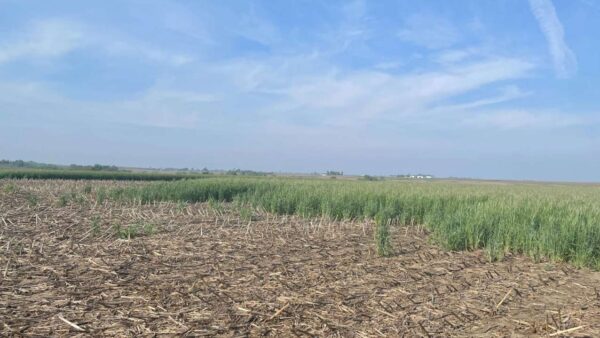Cibus announced significant milestones in developing two new critical traits for rice. In helping provide tolerance to two separate classes of herbicides, each trait has the promise to increase crop yields and quality for farmers and reduce harmful environmental impacts. Field trials for these traits are planned in 2020.
“These advances in rice validate Cibus’ overarching mission: using precision gene editing to produce input traits that improve yield for one of the world’s largest crops, all while advancing the global sustainability movement in food,” says Peter Beetham, PhD, chief executive officer of Cibus. “With these traits advancing, rice is now a core platform for Cibus. We expect to add additional beneficial traits in the coming years, such as disease resistance, that will help farmers improve the efficiency of their land and feed our growing population.”
By improving the ability of farmers to control weeds — which reduce crop yields and hurt farmer profits — these new traits represent an important industry breakthrough. Rice continues to be one of the world’s most valuable and consumed crops, grown on 400 million acres globally, but has lacked the innovation afforded to corn and soybean. Cibus’ rice platform is focused on producing a family of gene-edited traits, including disease resistance, to meet the increasing need for this staple grain. As the global demand for rice increases, even as constraints on arable land and water increase as well, there is an urgent need for advanced input traits to meet these challenges while also improving the quality, efficiency and sustainability of the crop.
“Rotam Trait Development Company is proud to be part of this important breakthrough in rice trait development,” says Mark Lu, chairman of the Rotam Trait Development Company who was part of a licensing and commercialization partnership associated with these traits. “These traits can have a significant positive impact on countries in Asia, where improved production on limited arable land continues and is critical for sustainably feeding billions of people.”
In addition to rice, Cibus has beneficial traits for canola, corn, wheat, soybean, peanut and potato in various stages of development and commercial release. Products derived using Cibus’ patented technologies have been designated as non-GM in countries including the United States, Canada, Argentina and Chile. A review of regulatory policy is in process in many regions, including the European Union.










